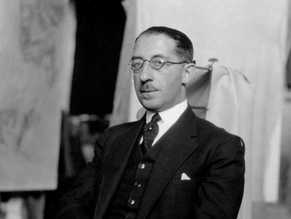|
World Jewish News

Bernhard Weiss Photo by: Courtesy of the Forward
|
The Jewish creator of modern German police
01.03.2012, History As World War I neared its end, Germany turned its focus to internal security. Serious unrest in Berlin during the summer of 1918 led the Prussian Ministry of the Interior to make a surprising decision. Bernhard Weiss, a little-known Jewish war hero and recipient of the Iron Cross First Class, was ordered to leave the front lines and serve as deputy head of Berlin’s criminal police.
Once there, he applied advances in scientific policing to crime solving, with improved microscopes, more reliable polygraphs and more accurate blood testing. He also innovated, creating the first-ever mobile crime lab — referred to informally as the “Weiss wagon” — that could travel to the crime scene, thus improving the integrity of forensic evidence.
Weiss, who eventually became German law enforcement’s highest-ranking Jew ever, remains largely unknown at home and abroad. He plays a supporting role in Paul Grossman’s new novel, “Children of Wrath,” (St. Martin’s Press), but he more than deserves his own biography. After all, prior to the establishment of the State of Israel, Weiss was the only Jewish state official to jail Nazis.
His father’s success in commerce freed Weiss to study law. The elder Weiss, Max, was active in the Jewish community, serving as a leader of the Fasanenstrasse Synagogue. The Weisses were proud Jews and patriotic Germans, and Bernhard’s three brothers joined him in the army when fighting broke out in 1914.
By Lenny Picker
Read more at the Forward
|
|
